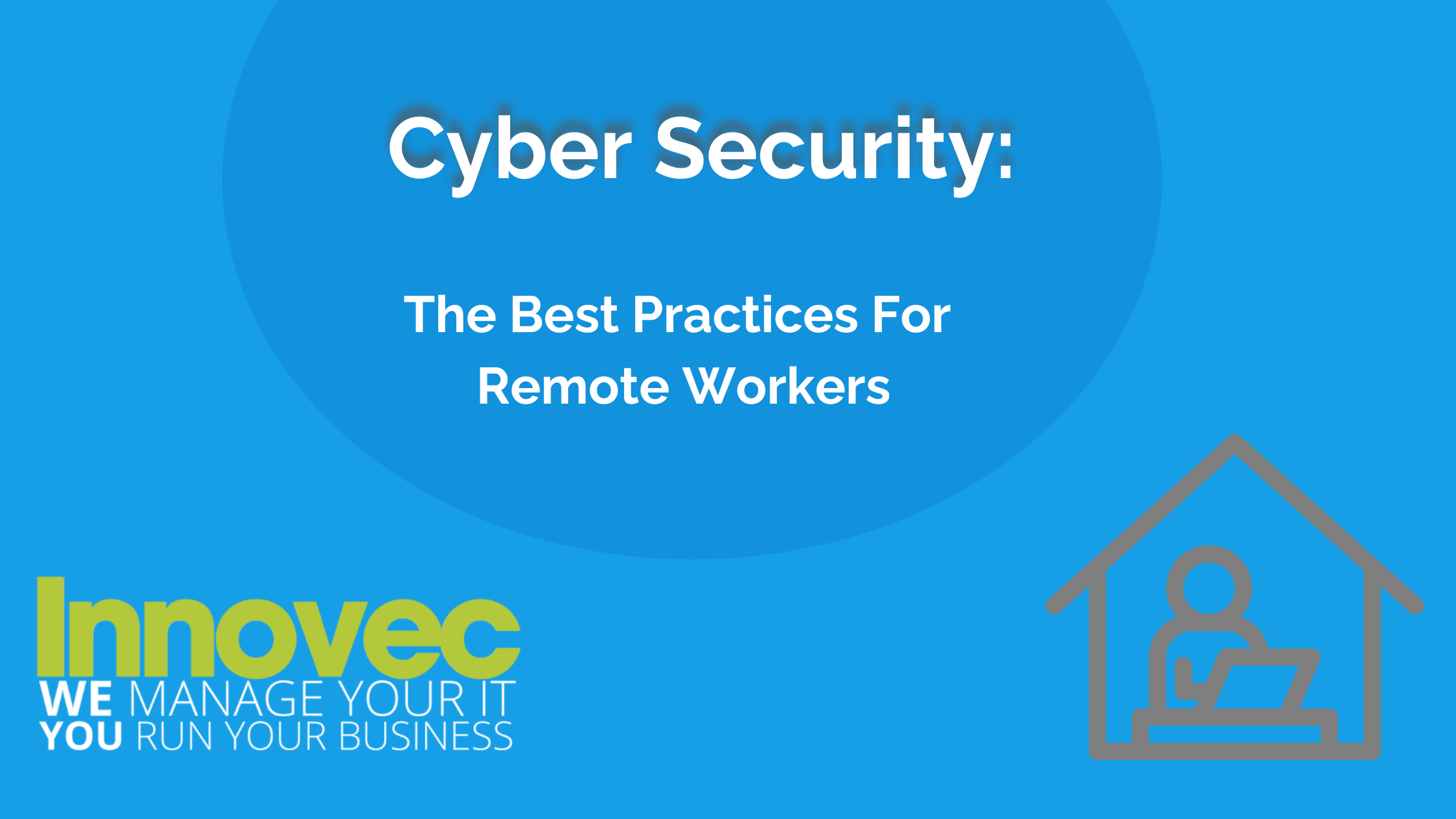
Cyber Security: Best Practices For Remote Workers
With many organisations employees still working remotely from home, there are more cyber threats than if they were working from the office. It’s crucial they follow strong cyber security practices.
This article will provide tips on how your business’s remote workers can stay safe online and protect their own data, the companies data and the customers data.
The Importance Of Remote Employees Following Cyber Security Practices
Remote working poses new challenges and cyber risks. Cyber Security practices not only protects sensitive information, it also protects against cyberattacks performed by hackers who may exploit the vulnerabilities of home networks, devices and communication channels.
The main challenges of remote work are;
- Preventing Data Breaches
- Securing Home Networks
- Ensuring Secure Communication/Messaging Channels
The Best Cyber Security Practices To Follow When Working Remotely
When working from home, there are some cybersecurity practices employees should implement.
See and implement the tips below;
- Use Strong, Unique Passwords
- Enable Two-Factor Authentication
- Regularly Update Software And Devices
- Use A Virtual Private Network (VPN)
- Secure Home Networks With Anti-Virus Software And Firewalls
- Employee Training And Education
- Keeping Software And Devices Updated
- Follow The Cyber Security Polices And Guidelines Of The Organisation
By following the tips above, remote employees can enhance their cybersecurity and minimise the risk of data breaches, malware infections, or identity theft. Cybersecurity is not only the responsibility of the organisation, but also of the staff. Remote employees should be aware of the importance of cybersecurity and take proactive measures to protect themselves and their work.
Next Steps
For any advice, information or support, give Innovec a call at a time which suits you. We can also have a chat with employees and support them on implementing cyber security practices to protect their home network.
